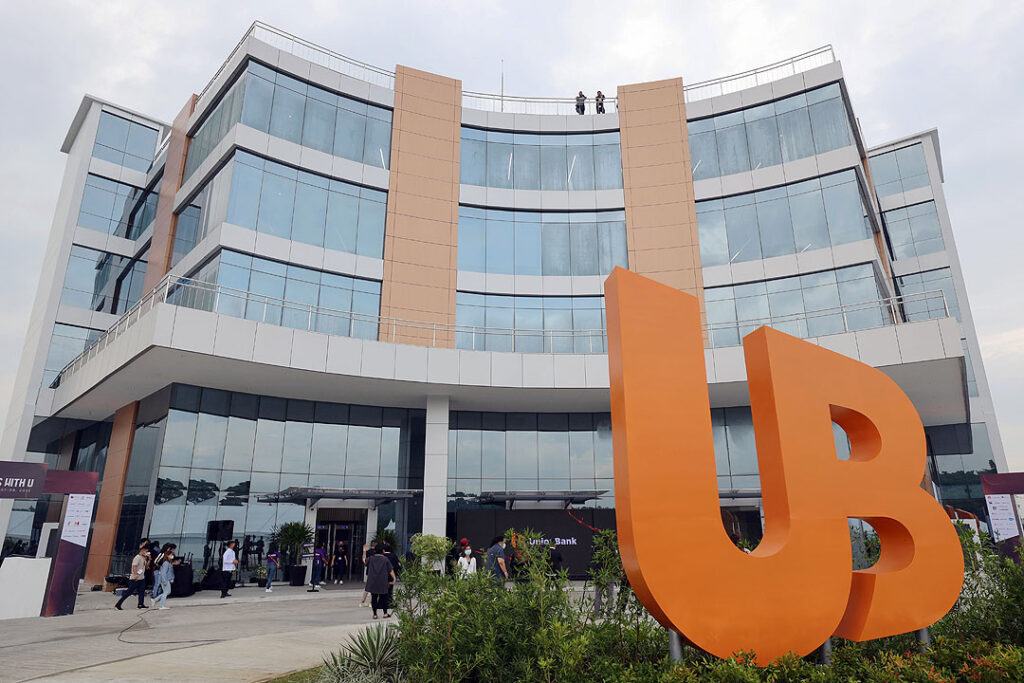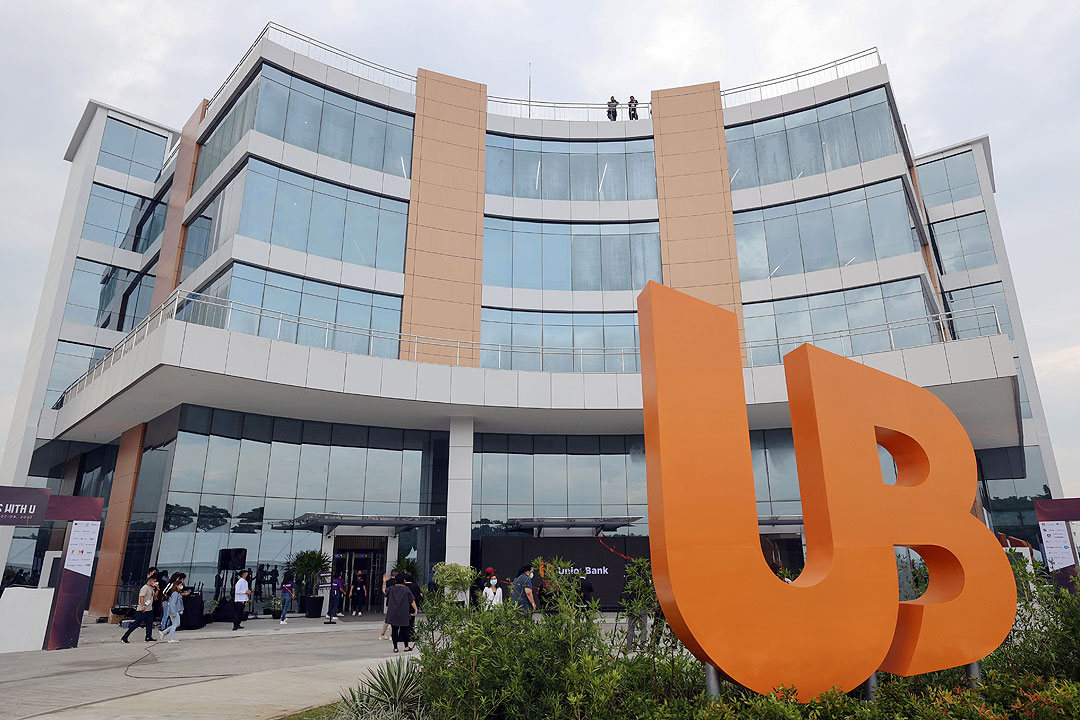Moody’s Ratings paints a challenging picture for the Union Bank of the Philippines (Union Bank) as it grapples with rising credit costs and a growing proportion of risky loans — all of which are expected to impact its profitability.
The recent decline in Union Bank’s asset quality and profitability metrics has raised red flags, as highlighted in Moody’s latest report on the bank.

IMAGE CREDIT: https://www.unionbankph.com
Despite maintaining its Baa2 ratings, Moody’s cautioned that Union Bank’s coverage and capital levels are relatively lower compared to its peers domestically and regionally, signalling reduced buffers for potential loan losses.
Notably, Union Bank has received a rating that’s one notch higher due to Moody’s anticipation of government support during times of financial strain.
A ray of hope
Moody’s Ratings warned of continued high operating expenses and credit costs, driven by Union Bank’s expansion into new business ventures and increased exposure to riskier retail loans.
However, there is a ray of hope, with Moody’s expecting a modest improvement in the bank’s capital levels following the completion of its capital raise through stock rights issuance of up to PHP10 billion in the first half of 2024, which could mitigate some of the challenges to Union Bank’s asset quality.
Union Bank is grappling with significant issues related to loan quality, with its non-performing loan (NPL) ratio surging to 6.5% in 2023 from 4.6% previously.
This increase is attributed to NPL exposures in its commercial segment and vulnerabilities in its digital banking arm, particularly in unsecured consumer lending to riskier, under-banked segments.
Moody’s also projects that the bad loans ratio will remain elevated at around 5% to 6% over the next 12 to 18 months, driven by uncertain recovery prospects for select commercial NPL accounts and persistent weaknesses in loan collectability among Philippine digital banks.
Improvements in core profitability
Looking ahead, Union Bank aims to strengthen its capital ratio, targeting an increase from the 13% level recorded at the end of 2023. However, the successful execution of this plan is subject to uncertainties surrounding the bank’s profitability and asset growth prospects.
Despite facing profitability challenges, Union Bank has seen an improvement in its core profitability, supported by an expansion in net interest margin (NIM).
Nevertheless, Moody’s underscores that the extent of this improvement will hinge on the bank’s ability to effectively manage credit risks within its loan portfolio as well as its funding and operating costs.
Furthermore, Union Bank witnessed muted deposit growth in 2023, leading to a heightened reliance on market funds, which accounted for 19% of its total assets as of end-2023, the highest among Philippine banks rated by Moody’s.
While the bank maintains a strong liquidity position, representing 45% of its total assets as of the end of 2023, Moody’s still anticipates a slight decline in liquidity as Union Bank accelerates its loan growth in 2024.








